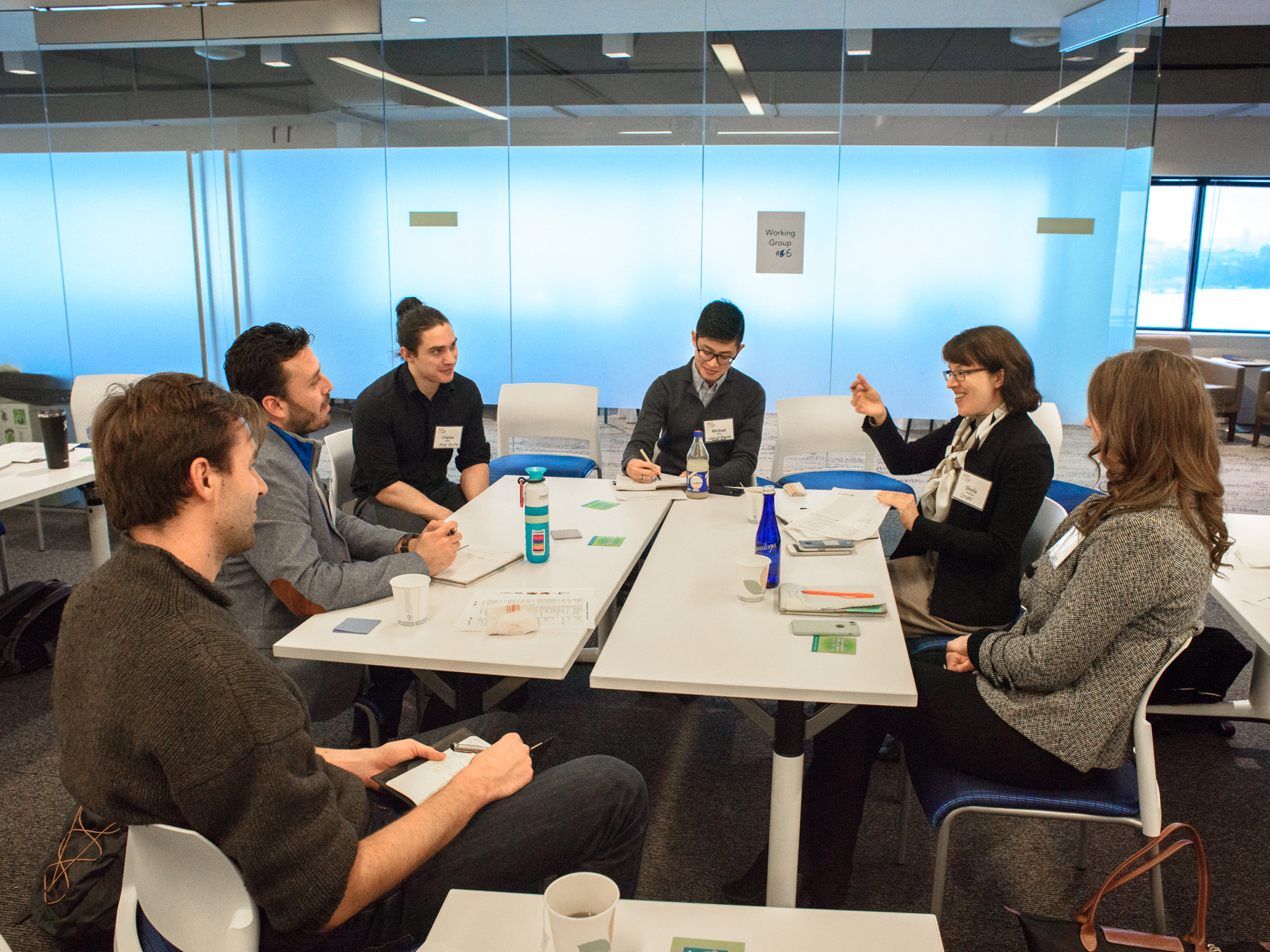Menu
ESI Stories
When Sustainability Work Is Outside Your Comfort Zone
A MITASC story contributed by Donald Liu
When I was first looking for work, I was mainly searching for some work that would give me some experience with course 6 (electrical engineering and computer science) things. But as I went into interviews and talked about myself and my passions, I noticed that I kept bringing up my relationship with the environment – my past clubs and abroad programs that helped find solutions for issues such as a lack of recycling and diminishing unrenewable energy sources. Hearing myself speak so proudly of the work that I did pushed me to continue my endeavors of helping the environment. All of the work that I did in high school was with relatively small local projects. This time, I wanted to contribute to a project that would have a greater impact.
I thought that it would be difficult to relate course 6 work and sustainability, but I decided to change what I was looking for to do just that. Surprisingly, I was able to find quite a few projects that fit my preferences. The main two projects I was interested in was working on hydro systems and working on a radar system for tracking insects.
Originally, I thought that working with insects would be disturbing, since I wasn’t the biggest fan of bugs, especially honeybees (a popular insect they were researching). However, I ended up chatting with the P.I. of the lab and her enthusiasm and concern over pollinators fascinated me. I know that it was a big risk to take on a job that I would possibly dislike (because of the insects), but I decided to take the chance to work on this project to broaden my perspective of environmental sustainability.
 Over the summer, I worked at the National Center for Biological Sciences, specifically in the Naturalist-Inspired Chemical Ecology (NICE) lab. I quickly learned the importance of pollinators. The honeybee population has been quickly disappearing over the past 15 years, which has been dubbed the “colony collapse disorder”. Honeybees, especially those that are in managed colonies, are incredibly important in fertilizing the produce seen in grocery stores. The managed colonies are shipped all over the world to pollinate abundant crops. People talk about the water footprints of crops and foods, but they often forget about the other factors that go into growing healthy crops such as pollinators.
Over the summer, I worked at the National Center for Biological Sciences, specifically in the Naturalist-Inspired Chemical Ecology (NICE) lab. I quickly learned the importance of pollinators. The honeybee population has been quickly disappearing over the past 15 years, which has been dubbed the “colony collapse disorder”. Honeybees, especially those that are in managed colonies, are incredibly important in fertilizing the produce seen in grocery stores. The managed colonies are shipped all over the world to pollinate abundant crops. People talk about the water footprints of crops and foods, but they often forget about the other factors that go into growing healthy crops such as pollinators.
The largest contributor to the decline of bee health is the varroa mite and other predatory animals that invade hives and spread diseases or kill the bees. The main solution that scientists have proposed is to treat hives for predators such as the varroa mites with “bee-friendly” pesticides. I thought that this was a very nonchalant answer for such a large issue. Promoting the use of more pesticides, even though they contain chemicals that are “bee-friendly”, nonetheless still harms humans and the environment.
The project that I am working on would be able to provide an alternative that’s more environmentally friendly. My project is to build a low-cost harmonic radar system that will be used to track small insects in the fields. Being able to track insects could be incredibly helpful in resolving the bee population decline. For example, we could tag the varroa mites and hornets to see where their homes are and get rid of or contain their own colony so that they no longer harm the honeybees. Also, we can track insects that harm crops and only spray pesticides on those crops rather than mass spraying whole plantations. Thus, this project will both help the honeybee population and reduce the use of pesticides. The project will also be able to open up a plethora of possibilities for further research including neurology of insects which will help human neurology, insect behavior, and other fields.
In retrospect, I’m incredibly thankful that I had this opportunity to broaden my perspective on sustainability. Talking and interacting with all the members of the NICE lab, I’ve grown to be fascinated by insects and come to admire and respect what an important role they play in the world. Part of it is because my lab members all share the same love for insects and talk about what niches they have, but the other part is asking why I was so scared of insects in the first place. Pollinators are so important in the production of crops; without them, we would not have a majority of the crops that we eat and animal populations would heavily decrease. They mean no harm to humans, except mosquitoes (I still don’t like mosquitoes), and are simply doing their role in the world we live in. They don’t look the cutest or the most friendly. But they support us, and we should treat them the same way. Through this experience, I’ve grown to add insect sustainability to my own definition of sustainability. I’m glad I took the risk, because I came out as a more aware person at the end of it.

This public reflection was produced as part of the work of the MIT Action Sustainability Corps. Learn more about MITASC here.
















